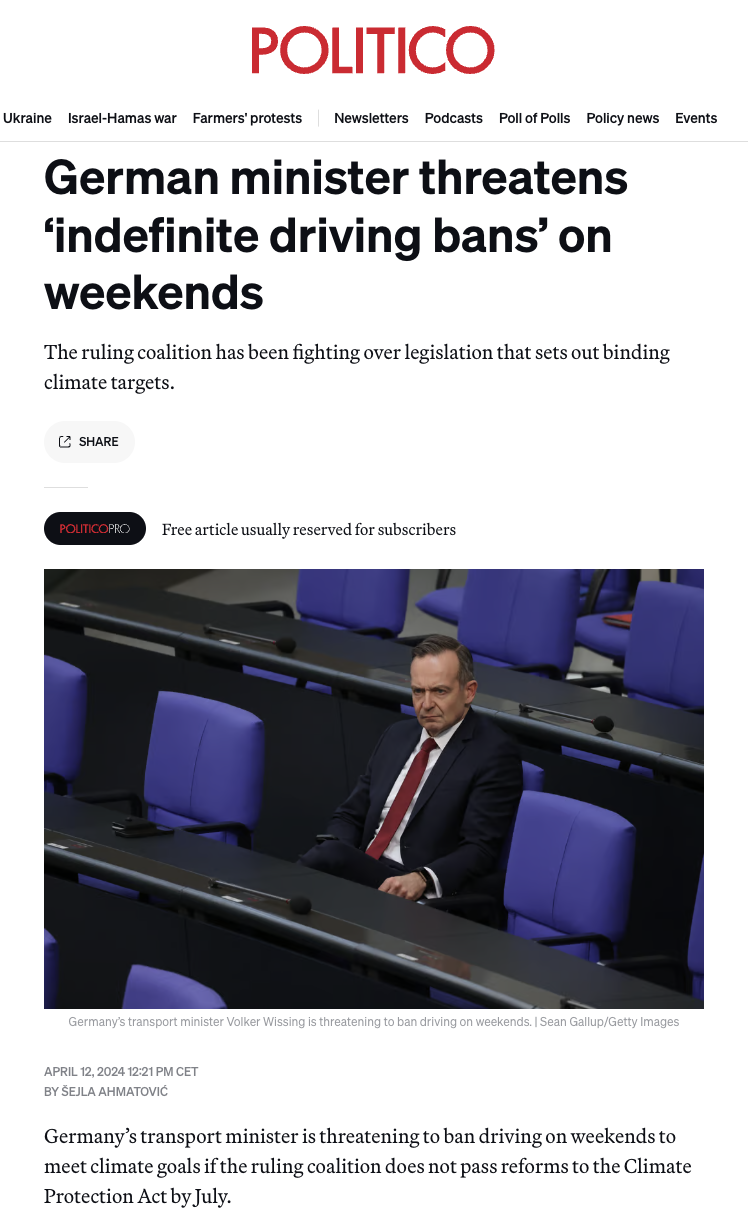From Springer:
Despite papal letter, Catholics and the public politically divided on climate change
Pope’s 2015 warning about global warming failed to rally broad support for climate action
Among Catholics and non-Catholics, awareness of Laudato Si‘, the first-ever encyclical or papal letter devoted to the environment, was not associated with an increase in public concern over climate change. In addition, people who were aware of the encyclical appeared to be more politically polarized in their view of climate change than those who were not aware of it, according to a national survey led by the Annenberg Public Policy Center (APPC) of the University of Pennsylvania and published in Springer’s journalClimatic Change.
The papal letter to Catholics worldwide was released in 2015 by Pope Francis. He cited scientific consensus on the existence and human causes of climate change, and highlighted the disproportionate risks it poses to the world’s poor. The Pope declared that there was a moral imperative to address climate change.
Prior to the release of the encyclical, Pew Research reported that 71 percent of American Catholics believed climate change exists. This figure is on par with that of the general public. Catholics’ views on the topic also broadly reflect the general partisan split along political lines among Americans. Among Catholic Democrats, 62 percent believe in climate change and attribute it to human causes, while only 24 percent of Catholic Republicans do. Conservatives are both more skeptical that anthropogenic climate change exists and less concerned with its adverse effects.
The Pope’s call for action raised the question whether a religious authority could influence public opinion on such a highly polarized topic. APPC researchers set out to examine the effect that the encyclical had by asking respondents whether they had heard about the encyclical, whether they believed that climate change is caused by humans, how serious a problem they thought climate change is, and whether they thought there is a scientific consensus on climate change. Data was obtained from 1,381 20-minute phone interviews conducted one week before the encyclical’s release on June 18, 2015 and another 1,374 interviews done two weeks later.
According to the survey results, those who had heard of the encyclical were not generally more accepting of the science on climate change or concerned about the effects of climate change. Instead, the study found that liberals who were aware of the encyclical were more concerned about climate change and perceived more risks than liberals who weren’t aware of Laudato Si’. The opposite was true for conservatives.
Respondents’ views of the Pope’s credibility on climate change varied according to their own political views. Encyclical-aware liberals said the Pope was more credible on climate change than did liberals who were not aware of the encyclical, while encyclical-aware conservatives said the Pope was less credible on climate change than conservatives who weren’t aware of it. Although Pope Francis’s message was expected to be especially influential among Catholics, their attitudes and beliefs about climate change remained strongly associated with their political views.


